How to find and read papers?
Speakers: Rémy Joseph &
usrp students
Finding papers
There are a LOT of options to find papers specific to astronomy
or more general
- ADS http://adsabs.harvard.edu/ (until October...)
- BumbleBee https://ui.adsabs.harvard.edu/
- astro-ph https://arxiv.org/archive/astro-ph
- Journal sites: ApJ, MNRAS, A&A, ... (ill-advised)
- Arxiv https://arxiv.org/
- Google scholar https://scholar.google.com/
- Orcid https://orcid.org/ (author search)
- Benty fields, http://www.benty-fields.com/
- (ieeexplore for technical stuffs but meh)
Finding papers
Arxiv and astro-ph https://arxiv.org/archive/astro-ph
- Search papers
- Keep up to date https://arxiv.org/list/astro-ph/new
- Read papers https://arxiv.org/ftp/arxiv/papers/1907/blabla.pdf
- Share papers
Finding papers
Bumblebee: https://ui.adsabs.harvard.edu/

Finding papers
Bumblebee: https://ui.adsabs.harvard.edu/
- Nice search engine (can be slow)
- Dynamical references in the interface
- Easily accessible metadata (`export` citations)
- Supports Orcid
- Pretty (and sometimes useful) visualisation tools in `explore`
Finding papers: Bumblebee
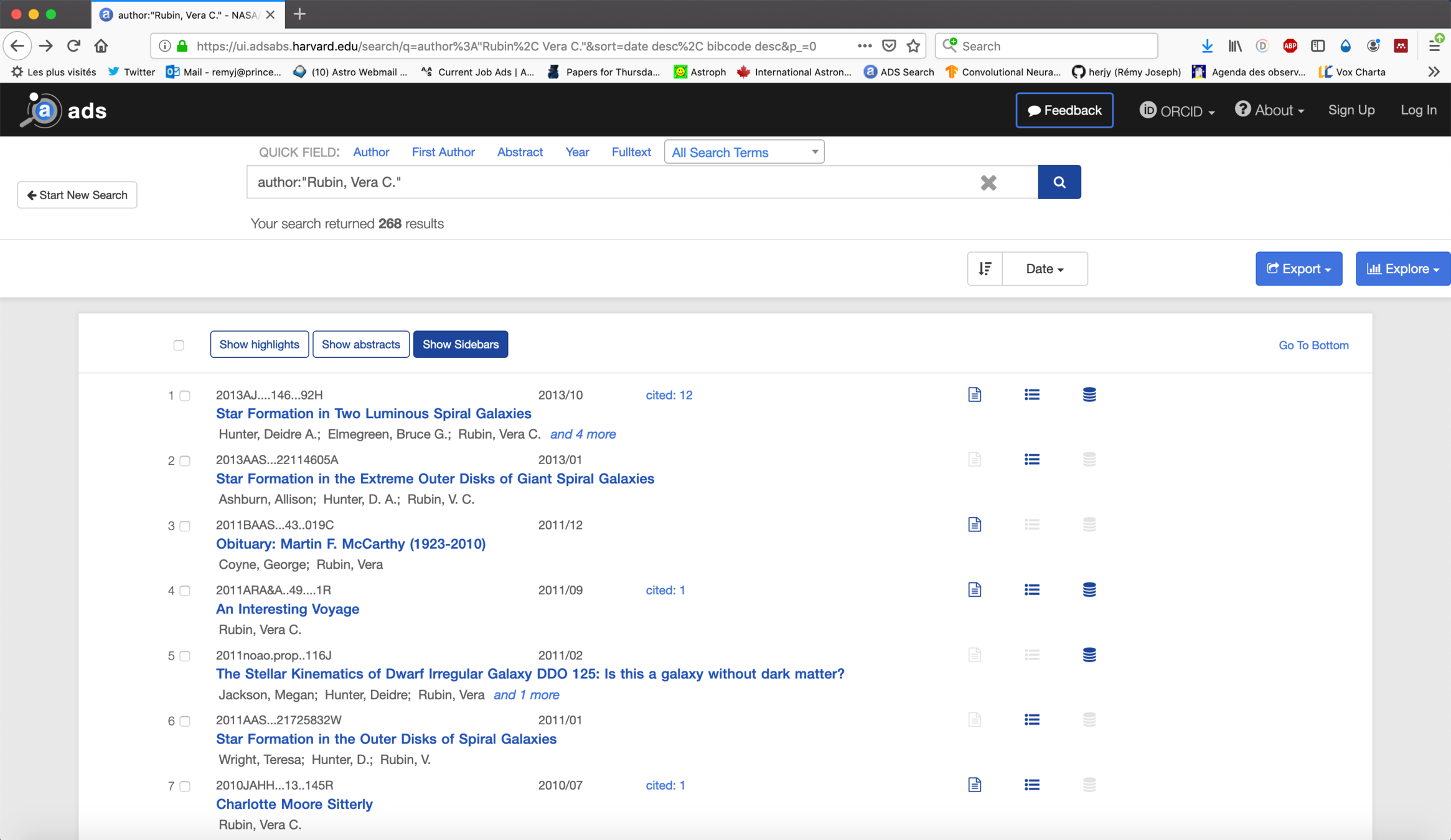
Search tools
Orcid
Export citations
Funky visualisation tools
Text
Links, metadata, ...
Finding papers
Bumblebee: Some useful metrics
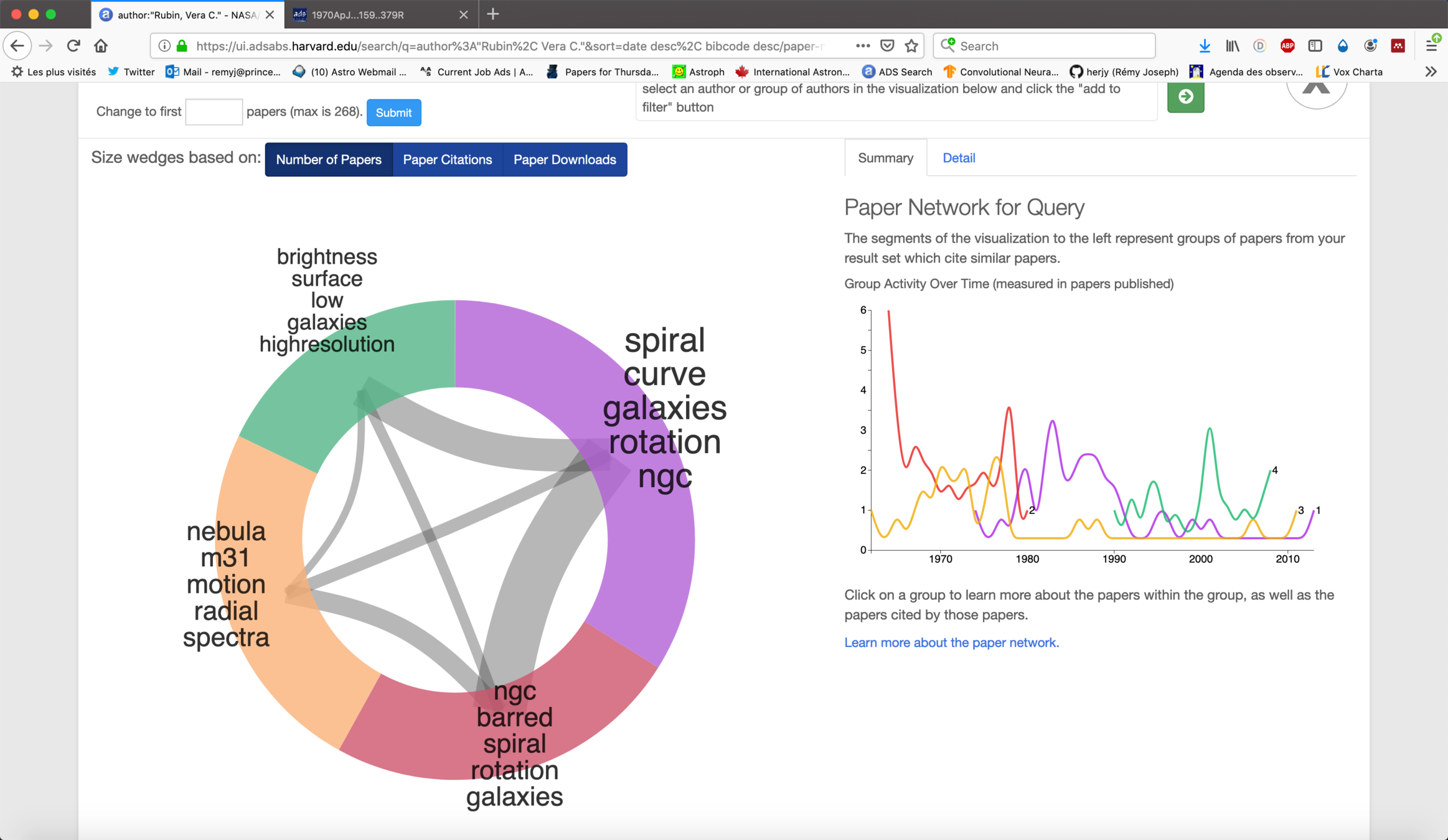
Keeping papers
Notes and Highlights help a lot!
- At the beginning of a project, write a literary review
- Summarise the papers you read
- Keep annotated versions of read papers
- Use a library!!
Keeping papers
- Saves your papers
- Keeps track of papers and references
- Supports annotation
- Group by projects
- Export citations
Keeping papers: Mendeley
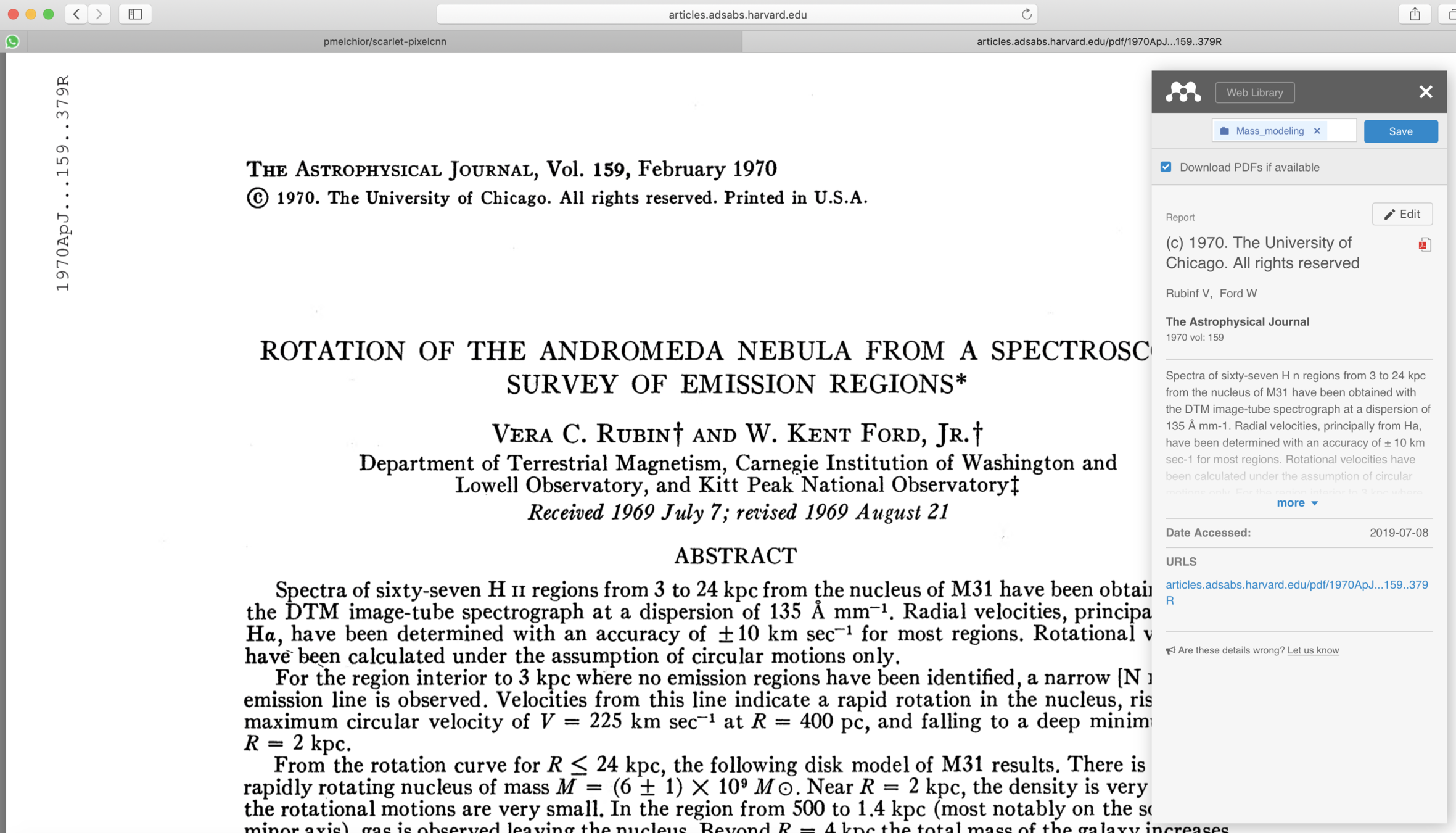
Saves papers
In a folder
Keeping papers: Mendeley

Saves papers
In a folder
Keeping papers: Mendeley
Details and notes
A bunch of papers
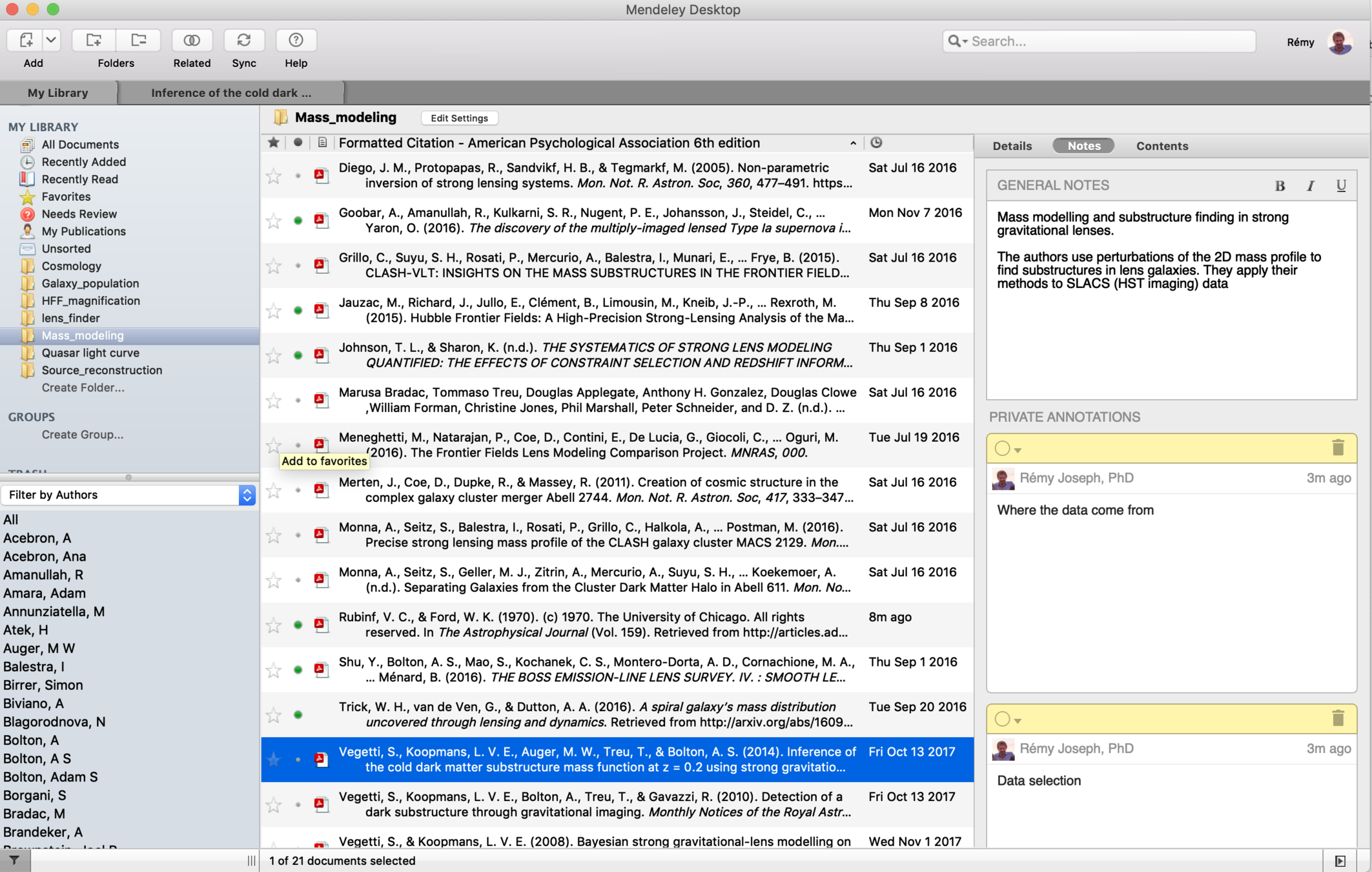
Projects and folders
Finding and keeping papers
Tips:
Reading papers
Paper structure
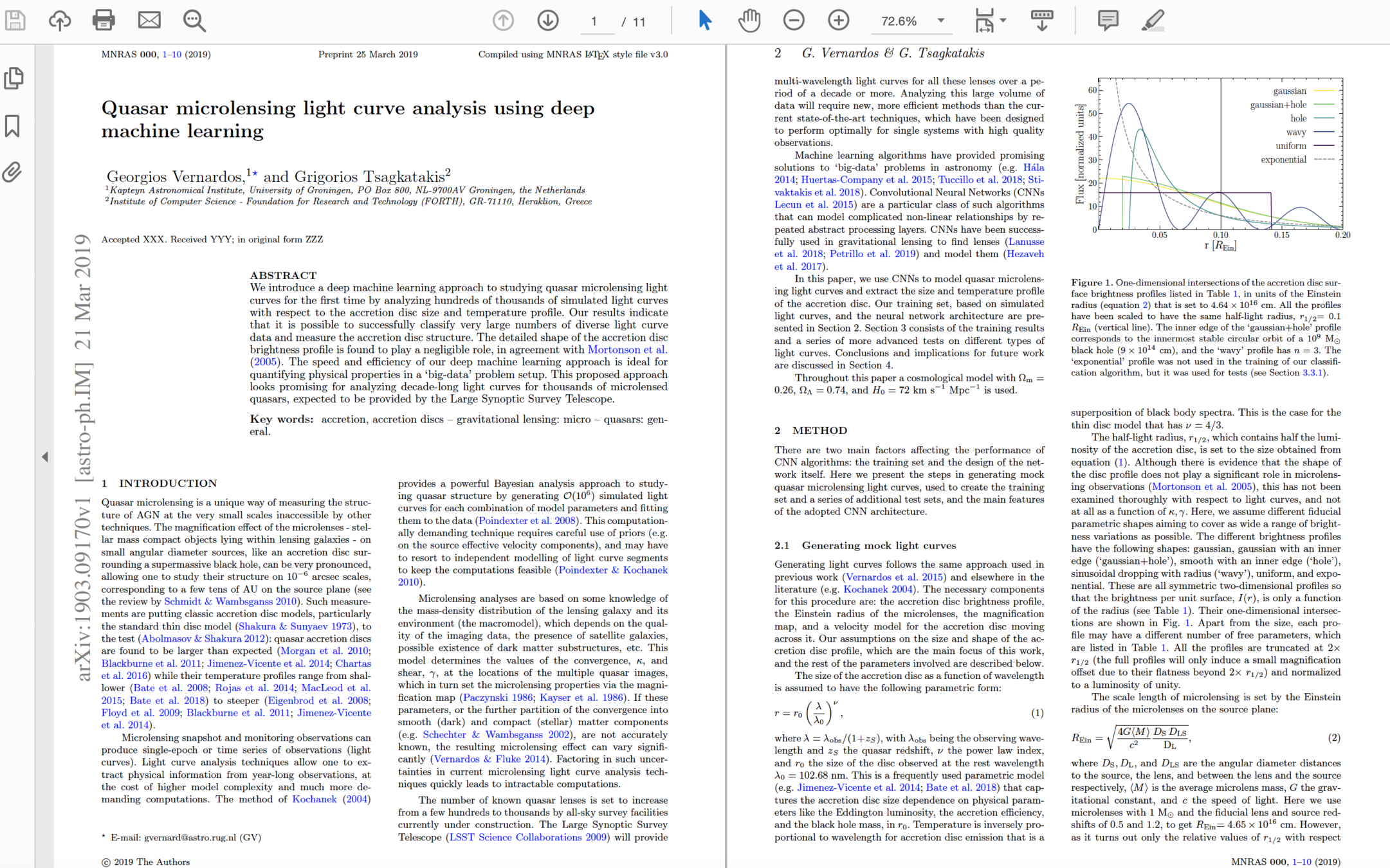
Text
Title and authors
Abstract
Introduction
Methods
Reading papers
Paper structure
Text
Experiments
Results and discussions
Conclusion
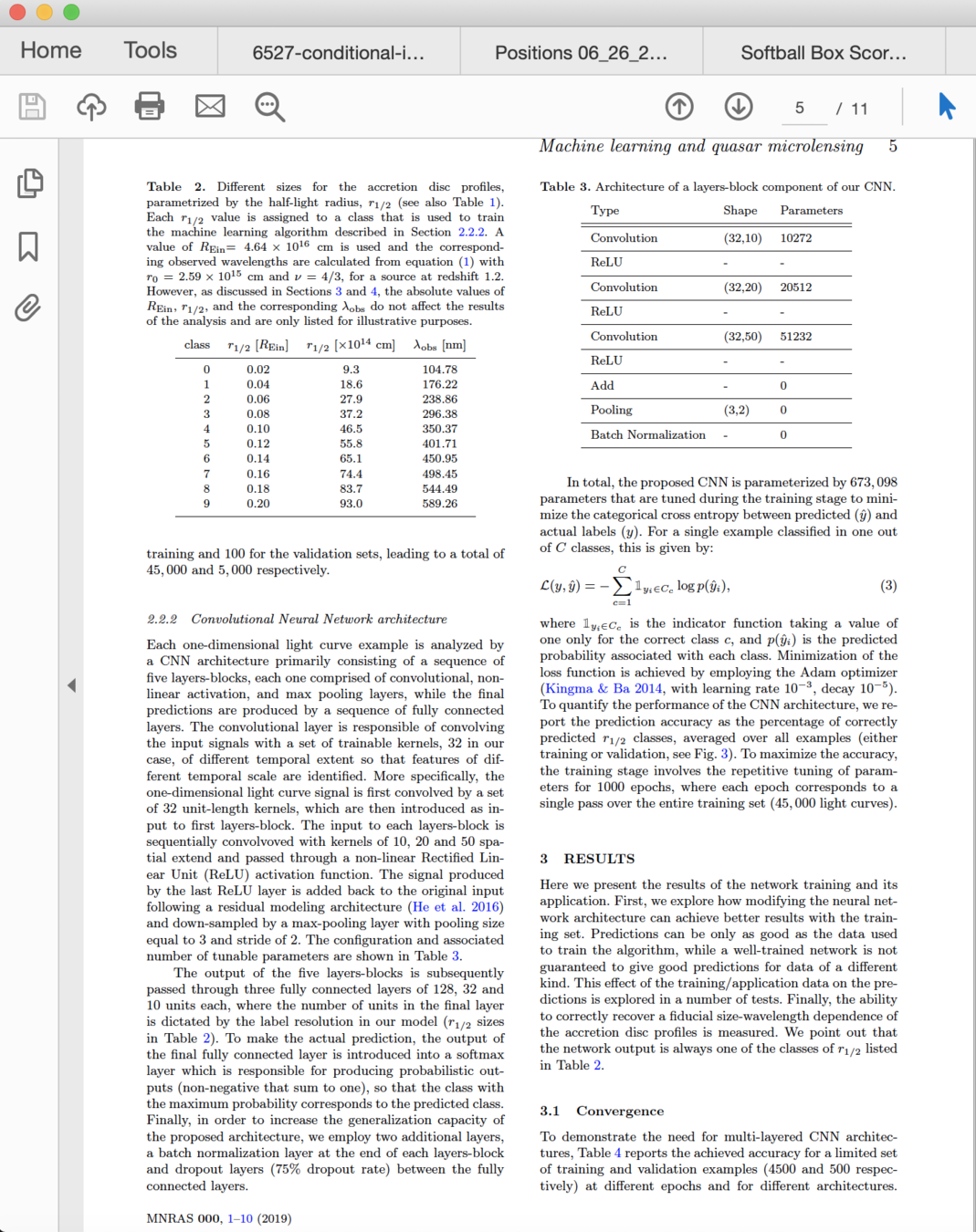
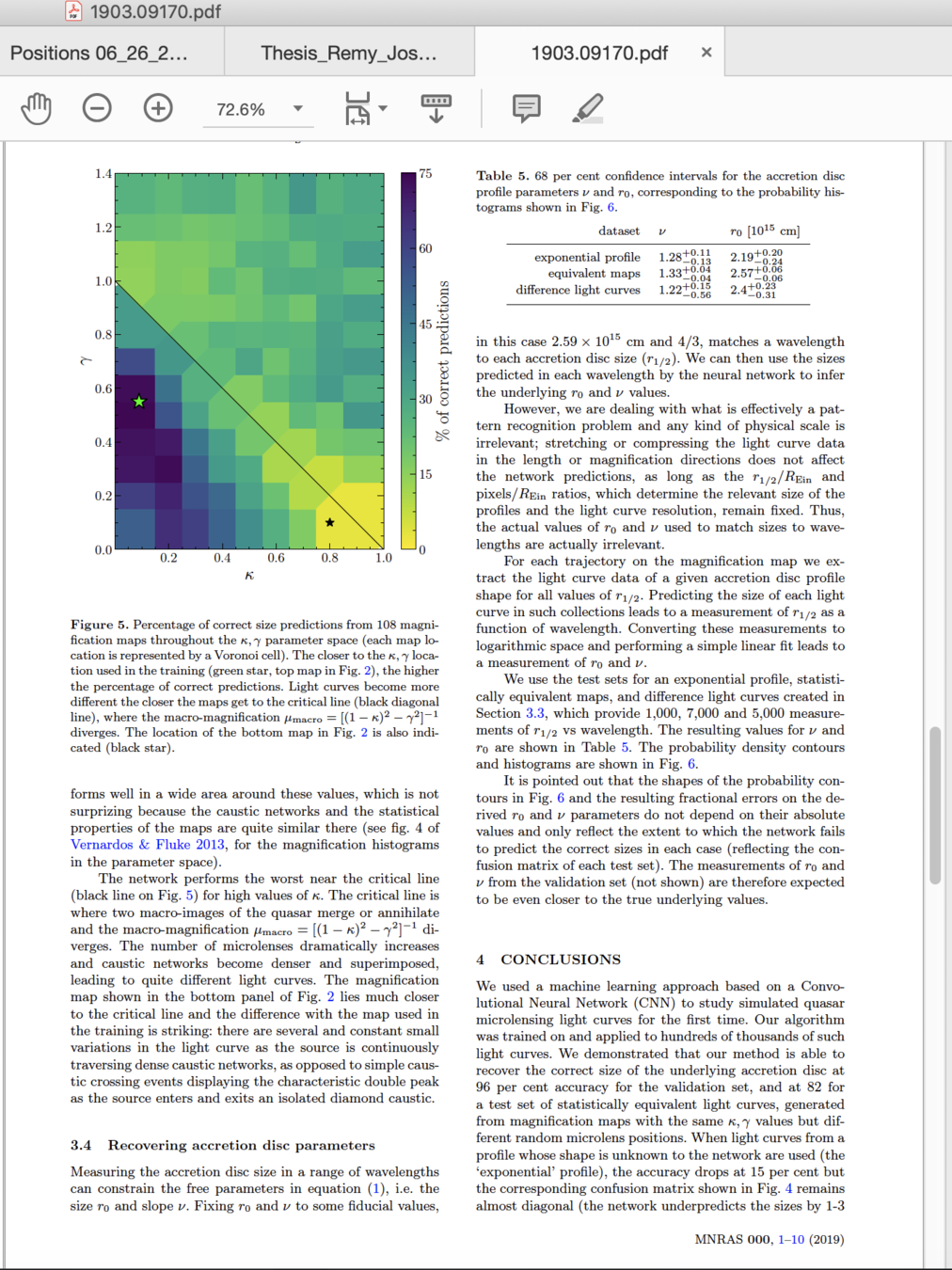
Reading papers
Paper common structure:
- Abstract: Summary of the paper
- Introduction: Presents concepts, sometimes vocabulary, account of previous works
- Methods: Description of technical aspects
- Experiments: Description of the simulations/data and how the method is applied
- Results: Presents the results of the experiments
- Discussion: Discusses the results (what did or did not work and why)
- Conclusion: Brings together the parts of the paper without summarising them. It places the paper in the broader picture of the field.
- References
Reading papers
Good reasons to read papers
- Literature survey
- Keeping up to date
- Targeted information (result)
- methodology (new technique)
- Review
- Curiosity
Identify what you are looking for and target specific sections of a paper
Everything, Introduction, Methods,Conclusion
Abstract, Methods, Results
Abstract, Results, Discussion
Methods, experiments
EVERYTHING, In the deepest possible details, 50 times, until you can recite it.
Reading papers
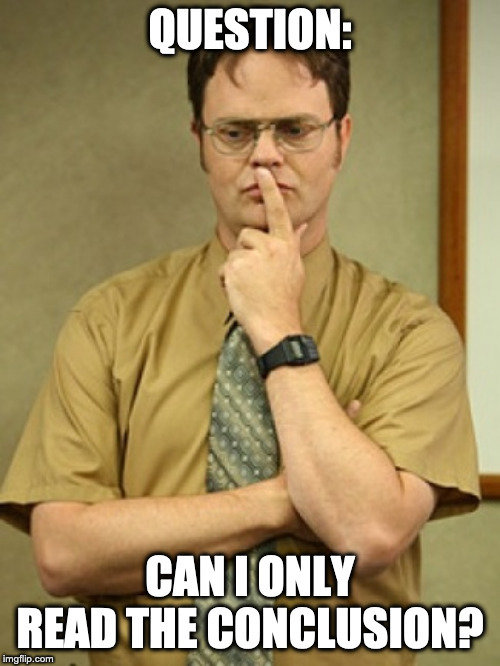
Reading papers
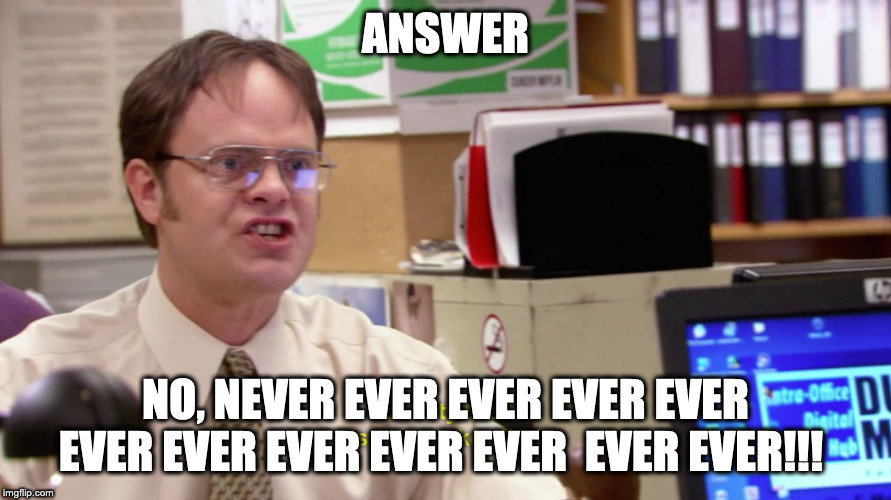
When in doubt (or not) always read the whole paper!!
Be critical in your reading
Reading papers
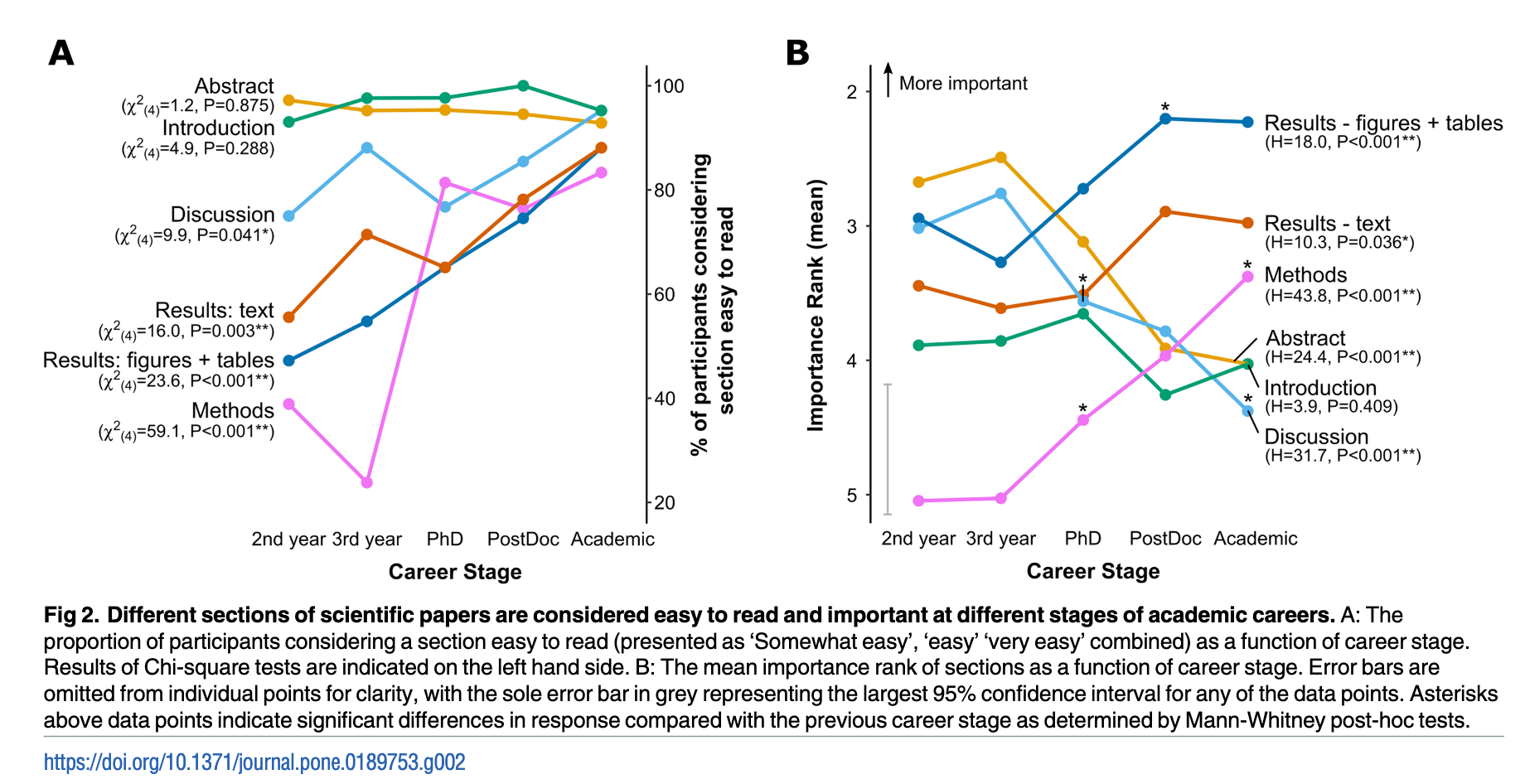
Reading papers
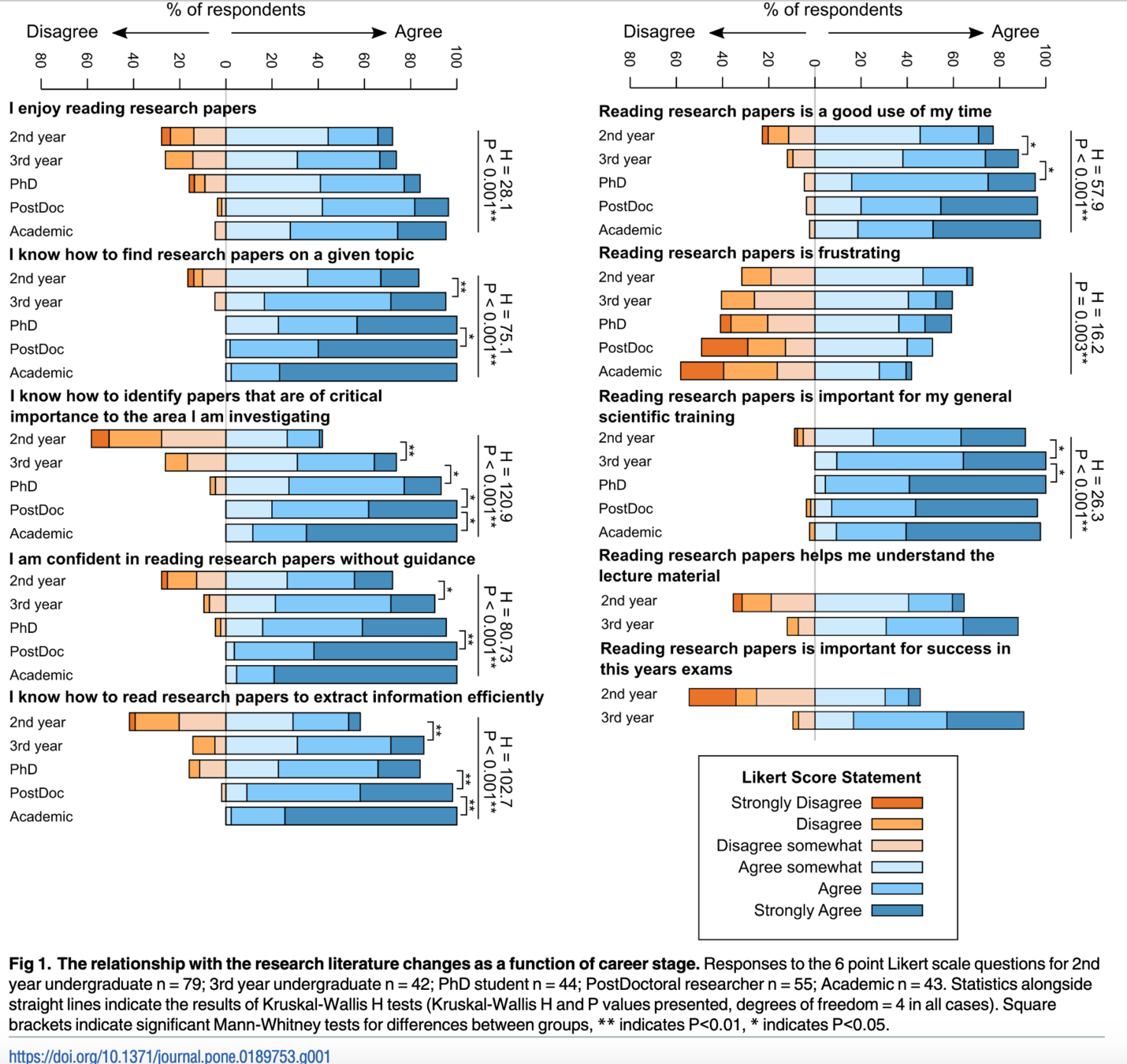
Reading papers
Tips
vox charta ctrl-f, princeton library
Finding and reading papers
By herjy
Finding and reading papers
A short seminar presentation on how to find and read papers
- 857


